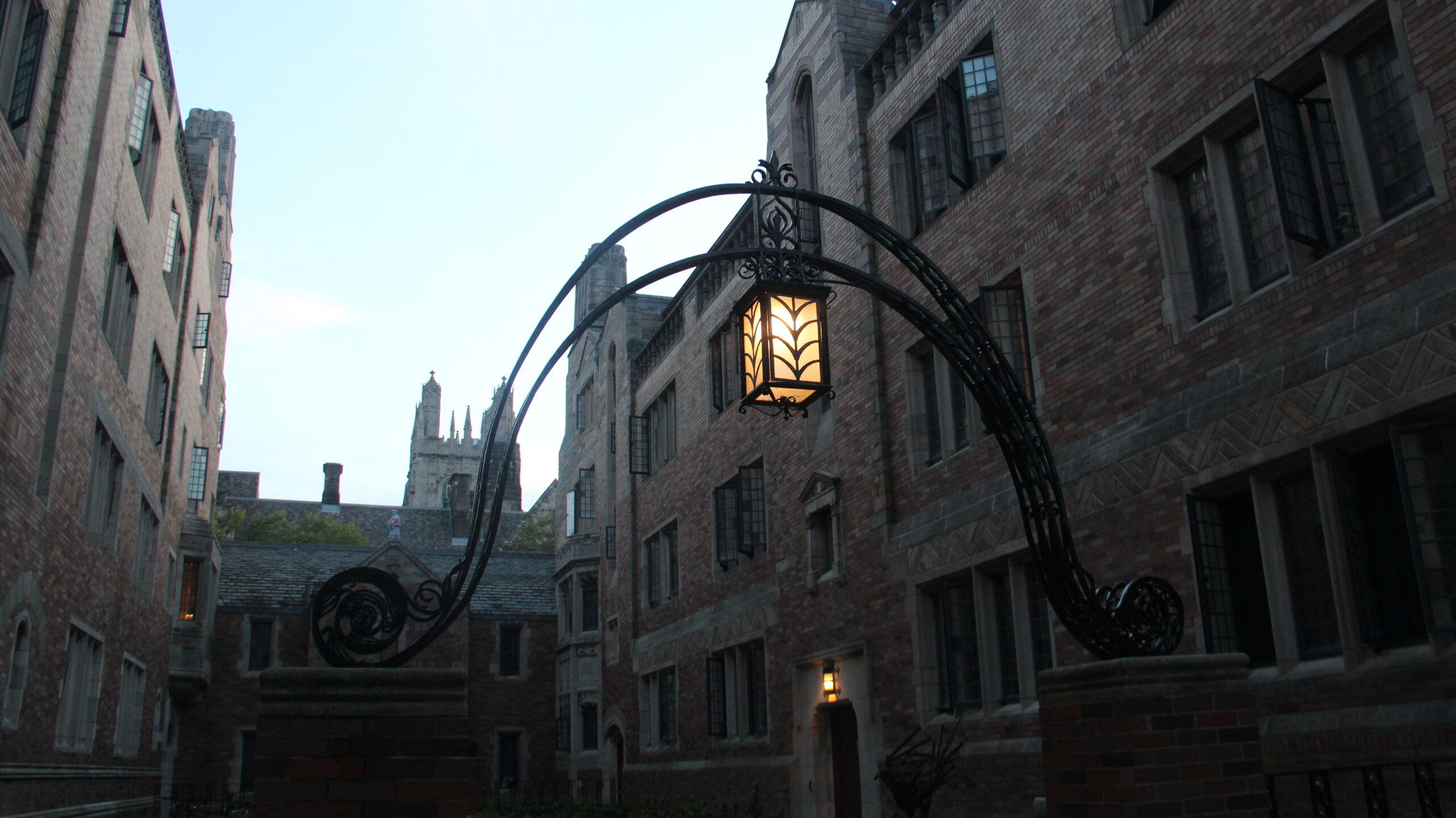Yale under Congress investigation over collusion, antitrust concerns
The investigation, launched by four Republican lawmakers, alleges collusion among Ivy League universities to increase tuition.

Baala Shakya, Staff Photographer
On Tuesday, Yale received a letter from four Republican congressmen, with the lawmakers expressing concerns over possible collusion amongst Ivy League universities to increase the cost of tuition and engage in price discrimination.
The letter, which was sent to eight Ivy League universities, argued that these institutions’ tuition prices were influential on the cost of other universities and colleges, establishing an “umbrella effect” in which institutions would be able to increase tuition beyond the costs that “a competitive market” would produce.
The document was addressed to University President Maurie McInnis and authored by Ohio Rep. Jim Jordan, Wisconsin Rep. Scott Fitzgerald, Iowa Sen. Charles Grassley and Utah Sen. Mike Lee.
“We are particularly concerned that Ivy League member institutions appear to collectively raise tuition prices while engaging in price discrimination by offering selective financial aid packages to maximize profit,” wrote the lawmakers.
The University spokesperson told the News that Yale was reviewing the letter.
The letter cited a 2022 lawsuit filed against 17 institutions — including UPenn, Brown, Cornell, Columbia, Dartmouth and Yale — that accused the universities of coordinating in order to limit the amount of financial aid provided to students.
The federal government has previously allowed institutions of higher education to use “common principles of analysis” when awarding financial aid, excluding them from antitrust law in a 1994 act of Congress. However, the lawmakers emphasized that this decision no longer applies.
“In 2022, after nearly 30 years of collusion, Congress allowed the exemption to expire,” wrote the congressmen. “The structure and operation of the higher education market strongly suggests the market is not functioning properly and is subject to widespread violations of antitrust laws.”
The letter pointed to the Council of Ivy League Presidents’ efforts to standardize the college application process, as well as increasing costs of tuition alongside higher demand and growing endowments, as possible indicators that collusion was occurring.
It also listed a lawsuit that accused the Common Application facilitated an increase in application fee prices, and another that alleged that the College Board had allowed institutions to reduce the amount of financial support students received, as grounds for concern.
According to the document, institutions “requiring students to purchase on-campus housing and meal-plan packages in addition to course tuition after they have secured students’ enrolment for the year undermine consumer choice and restrict competition in the secondary market.”
Yale College currently requires first years to purchase a full meal plan — priced at $4,300 per semester for the 2024-25 academic year — and undergraduates to remain on-campus housing during their first two years of enrollment.
“Lack of clarity regarding how higher education institutions calculate and allocate the funding for indirect costs in federally funded research projects suggest a lack of competition for public funding among colleges and universities,” wrote the lawmakers.
The statement comes alongside the Trump administration’s attacks on higher education, including freezing federal funding for six members of the Ivy League — Cornell, Princeton, Harvard, UPenn, Brown and Columbia.
The letter requested that the University cooperate with the congressmens’ efforts to review the institution’s current practices and determine whether legislative reforms are “necessary.”
It also asks that Yale provide “all documents and documents” from Jan. 1, 2019 onwards, regarding indirect costs, financial aid and early admissions practices, among other areas listed as possible grounds for concern.
The Yale Office of Undergraduate Admissions is located at 38 Hillhouse Ave.







